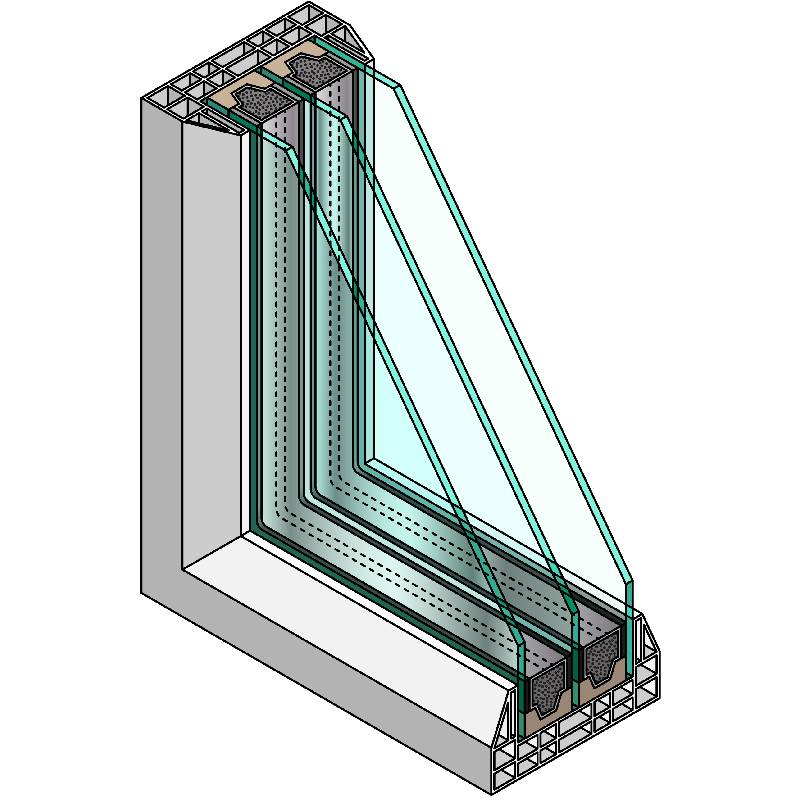

The Versatility and Benefits of 3mm Float Glass
Float glass, a fundamental material in modern construction and design, has become increasingly popular due to its remarkable properties and versatility. Among the various thicknesses available, 3mm float glass stands out as a preferred choice for a wide range of applications, including windows, mirrors, and glass partitions. This article explores the characteristics, benefits, and common uses of 3mm float glass, shedding light on why it is a favored material in both residential and commercial settings.
What is Float Glass?
Float glass is produced using a unique manufacturing process where molten glass is floated on top of molten tin. This method allows for the creation of a flat, even surface that is free from distortions, making it ideal for applications where clarity and precision are paramount. The result is a smooth, high-clarity glass that can be utilized in various decorative and functional applications.
Characteristics of 3mm Float Glass
Thin yet durable, 3mm float glass boasts an array of characteristics that contribute to its popularity
1. Clarity The float manufacturing process ensures unparalleled optical clarity, which is essential for applications such as display cases and high-quality window panes.
2. Flatness The glass is exceptionally flat, making it suitable for contexts where uniformity is crucial, such as mirror production and architectural glazing.
3. Lightweight With a thickness of only 3mm, this type of glass is lightweight compared to thicker options, making transportation and installation easier, thus reducing labor costs.
4. Versatility 3mm float glass can be cut, shaped, and processed into various forms, allowing it to be used in a multitude of settings; this adaptability makes it a favorite among architects and designers.

Benefits of 3mm Float Glass
Using 3mm float glass in construction and design comes with several benefits
1. Cost-Effective Its thin nature makes 3mm float glass a more economical option compared to thicker glasses, making it a practical choice for budget-conscious projects.
2. Enhanced Aesthetics The clarity and smooth finish of 3mm float glass contribute significantly to the aesthetic appeal of spaces, allowing natural light to flow freely and making environments feel more open and larger.
3. Ease of Handling Due to its reduced weight, 3mm float glass can be handled more easily during installation, allowing for quicker project completion without compromising quality.
4. Safety Options While 3mm float glass is thinner, it can be treated or laminated to increase its strength, providing additional safety features for applications that require added durability, such as in public buildings or homes with pets and children.
Common Uses of 3mm Float Glass
The applications of 3mm float glass are vast and varied, including
- Windows Ideal for residential and commercial windows, offering a clear view while protecting against the elements. - Mirrors Frequently used in the production of mirrors due to its smooth and reflective surface. - Display Cabinets Perfect for retail and museum displays, where clarity is essential for showcasing items. - Partitions and Enclosures Used in offices and homes for creating elegant room dividers that maintain open sightlines. Conclusion
In conclusion, 3mm float glass is an exceptional material that brings together aesthetics, functionality, and practicality. Its clarity, flatness, and lightweight nature enhance various aspects of design and architecture, making it a go-to choice for professionals in the industry. As the demand for innovative and sustainable building materials continues to rise, 3mm float glass will undoubtedly maintain its status as a versatile and indispensable component in modern construction and design applications. Whether it’s for a sleek office partition or a bespoke mirror, this seemingly simple material plays a significant role in shaping the environments we live and work in.